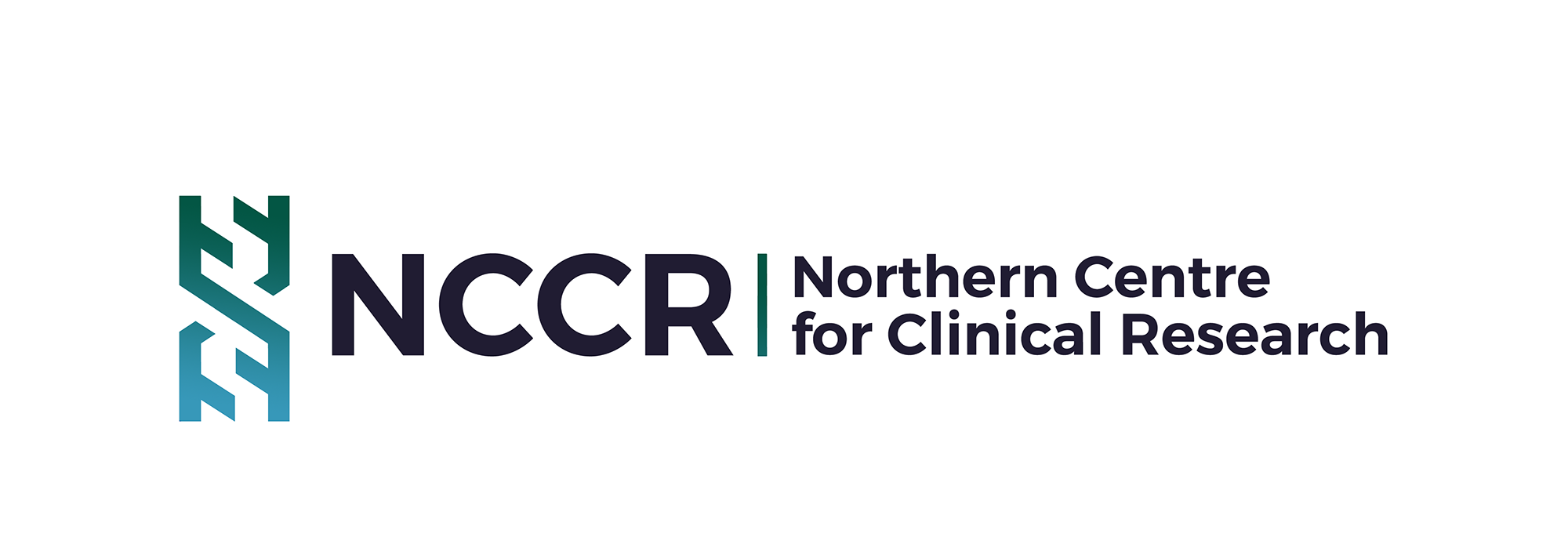Artificial Intelligence and Technology-Enhanced Care Collaboration Centre (AiTECCC)
Artificial Intelligence and Technology-Enhanced Emergency Care Collaboration Centre (AiTECCC), a networking initiative led by our UBC’s Digital Emergency Medicine Unit. AiTECCC is a collaborative platform that brings together health system leaders, clinicians, industry leaders in AI and digital technologies, researchers, patients and caregivers, community members, policy partners, organizations and private sector innovators, bridging health system-level priorities, technology implementation, interdisciplinary research/evaluation, and community engagement. We have been working closely with partners from health authorities, community organizations, private sector and clinical teams to:
- Support policy makers on evidence-information policy translation and implementation science to scale AI in Health
- Involve industry and health care to explore synergy in public private partnership in AI in Health
Our Work in Action
AiTECCC brings together health system leaders, clinicians, industry leaders in AI and digital technologies, researchers, community members, and policy partners. Together, we:
- Support policymakers in evidence-informed translation and implementation science to scale AI in health
- Connect industry and health care to explore synergies in public–private partnership in AI in health
- Engage patients and community members to co-design and co-evaluate AI solutions
- Shape applied research and evaluation priorities to generate evidence that supports implementation and a learning health system
Addressing Today's Key Healthcare Challenges
Healthcare systems are under pressure due to health workforce shortages, reduced access to after-hours care, Emergency Department (ED) overcrowding, and rural ED closures. Additionally, there is a critical need to prioritize underserved communities, including Indigenous and First Nations populations. Adaptive DH solutions have emerged in response, including:
- Virtual triage via 8-1-1
- Virtual EDs for low-acuity care
- Peer-to-peer provider networks to avoid ED closures
- Hospital-at-Home models
- AI-driven risk stratification tools
- Integrate hybrid care models that combine in-person and remote services
- Developed in close collaboration with communities, particularly those of Indigenous and rural communities, to ensure equity and systemic resilience
While promising, these innovations require hybrid care models that integrate in-person and remote services - without which digital approaches may widen inequities or increase provider burden. AiTECCC is committed to addressing these challenges by transitioning from reactive innovation to proactive, system-level transformation that centers human needs and promotes systemic resilience through innovative and equitable healthcare solutions.
Our Collaborative Network
Explore AiTECCC Collaboratives and Members
News and Events

The workshop was led by esteemed experts including Dr. Kendall Ho, Dr. Anurag Singh, Dr. Clare Ardern, Derek Thompson, Dr. Helen Novak Lauscher, Joan Assali, John Grogan, Dr. John Pawlovich, Sandra Harris, Dr. Sonya Cressman, and co-facilitated by Alex Haagaard, Minika Chu, Nazia Nadir Shah, Pooja Ramachandran, Taru Manyanga, Tianna Magel, and Trinity Truong.
This engaging session focused on sharing experiences with artificial intelligence in healthcare, discussing hopes and concerns, and exploring how the health system can collaborate with communities to maximize AI’s potential for better health outcomes. A heartfelt thank you to all participants for contributing to a meaningful and inspiring experience!











